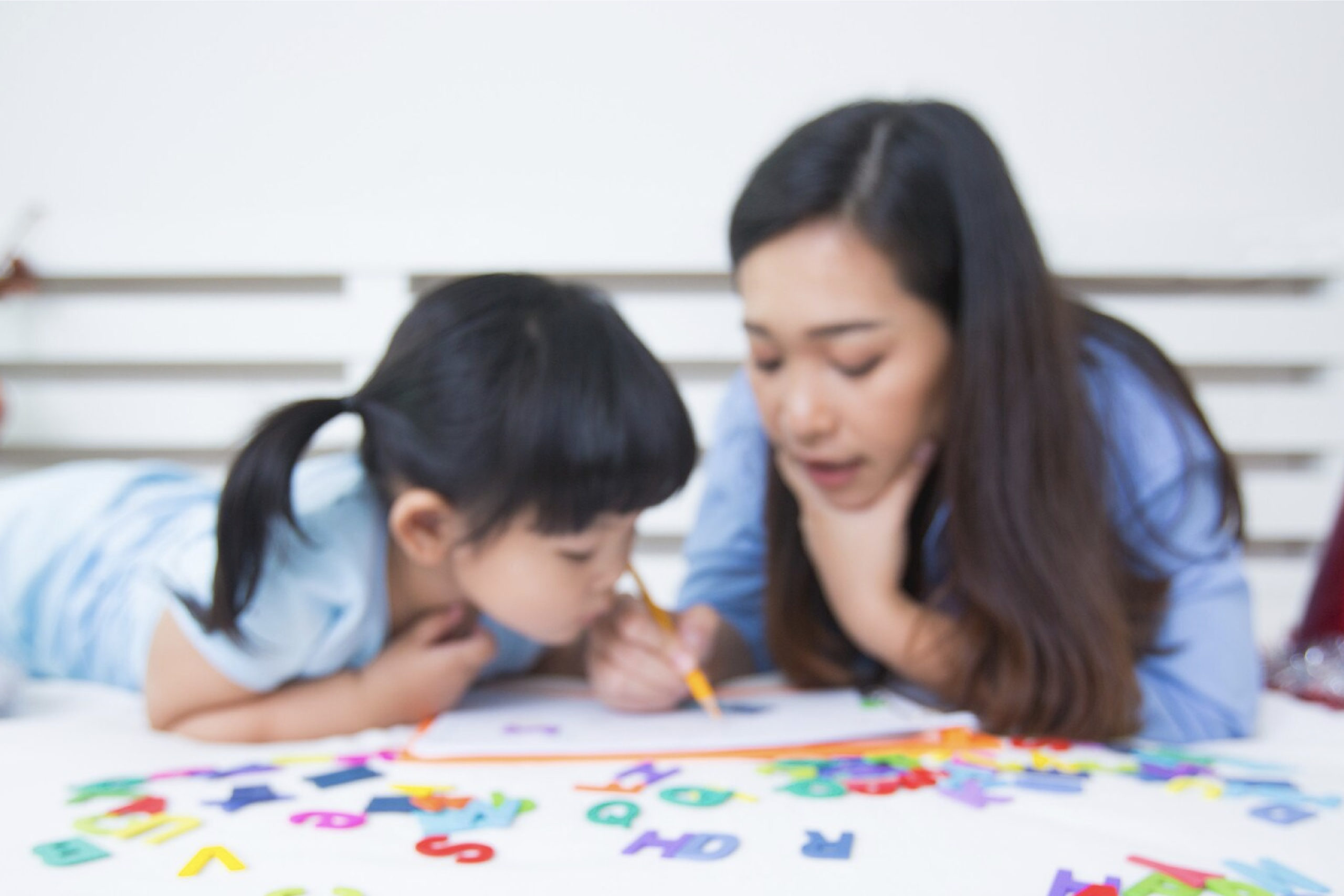Helping Every Child Belong

Parenting doesn’t come with an instruction manual. When parents have children with special needs, this journey becomes even more unpredictable and challenging. We hope you would feel supported and encouraged by the sharing of these parenting tips and available resources.
-
Your child is special
Every child is remarkable, and no child is alike. From their silly grins to the dimples on their face, to their signature frown and their messy hair – these are what makes them unique.
Your child should not be defined by their learning disability. Be sure to look at your whole child: your child’s strengths as well as the areas in which your child needs support and help. Focus on their strengths and not just their weakness. If you can’t think of any right now, here are some questions to help you. “What does my child love doing?”, “What can he/she currently do now without any help or prompting?” It could be simple daily activities that we easily overlook, such as brushing his teeth without being asked to or wearing her shoes all by herself. It could be just her sweet and gentle personality that never holds a grudge against anyone or his warm hugs and his ability to make you laugh no matter how upset you may be. These are what makes them uniquely remarkable. You can start by nurturing them in their area of interest and spend more time with them. Your child does have unique abilities and talents. Use your child’s abilities to create a plan and work on small goals your child can reach. Work on building their self-esteem in tasks they enjoy doing and while working on your confidence as a parent.
-
It’s okay to have a bad day
It’s not easy handling your children all by yourself, having multiple jobs, making ends meet, caring for elderly grandparents, juggling work from home, doing the housework, the list is just endless! Parents, listen up; you’re not superhuman. You have tired days, bad days, days where nothing seems to go right. You may lose your temper at your children, and you may forget to buy their favourite snack; you may have been so busy at work that you were not able to cook dinner for them. It’s okay. Give yourself space even when you make mistakes. Parental guilt is so real, but remember, you are only human. Give yourself a bit of time off when you find your temper rising, remove yourself from the situation if you can. If possible, explain to your child after, or tell them how you feel. You may be surprised; children are a lot more resilient and sensitive than we give them credit for.
-
Educate yourself
As parents, remember that your job is not to “cure” the learning disability but to support your child and equip them with the necessary social and emotional tools they may need to work through life and its challenges. Get help and advice right away if you have a concern about your child’s development and learning. As the saying goes, “give a man a fish, and he will not go hungry for a day, teach a man how to fish, and he will not go hungry for a lifetime”. Facing and overcoming a challenge such as a learning disability not only helps your child to grow stronger and more resilient, but it fosters independence as they grow into adults one day. No one can be a more prominent advocate than you. You know your child the best. Trust your instincts as a parent, but don’t shy away from learning more about your child and their condition and how best we can help them.
-
Find support for yourself
Whether you’re a full-time caregiver or a working parent, we all need support to go through this parenting journey. Don’t hesitate to reach out to someone. It can be your parents, in-laws, friends, helper to help take care of your child for just a few hours while you take a breather. I like to use this image of an empty bucket – if our buckets are empty, how can we then pour into anyone else’s lives if we’re running on empty? Dear parents and caregivers, you need to refill your buckets too. Make time for yourself; whether it is 30 minutes before bedtime reading a book or watching your favourite Korean drama before the kids wake up, or jogging in the park, let’s start refilling our bucket drop by drop.
Take a look at 4 families with special needs children and how they cope here Family Central – UNCRC Stories | Facebook
You can also get the support you need by joining a support group or talking to other parents, friends, or family members you can trust. If you need more help in supporting your child with special needs, here are some resources that you can refer to:
SGenable
Find out more about programmes available for your child, including the Early Intervention Programme for Infants & Children (EIPIC), Integrated Child Care Programme (ICCP) and Therapy for Young Children.
Therapy for children
For parents of children with physical disabilities, the following is a list of Voluntary Welfare Organisations (VWOs) that provide therapy for young children:
Singapore Association of the Visually Handicapped (SAVH)
Singapore Association for the Deaf (SADeaf)
SPD (formerly Society for the Physically Disabled)
Handicaps Welfare Association (HWA)
Cerebral Palsy Alliance Singapore (CPAS), formerly Spastic Children’s Association of Singapore (SCAS)
THK Children Therapy Centre
Care Corner Educational Therapy Service
